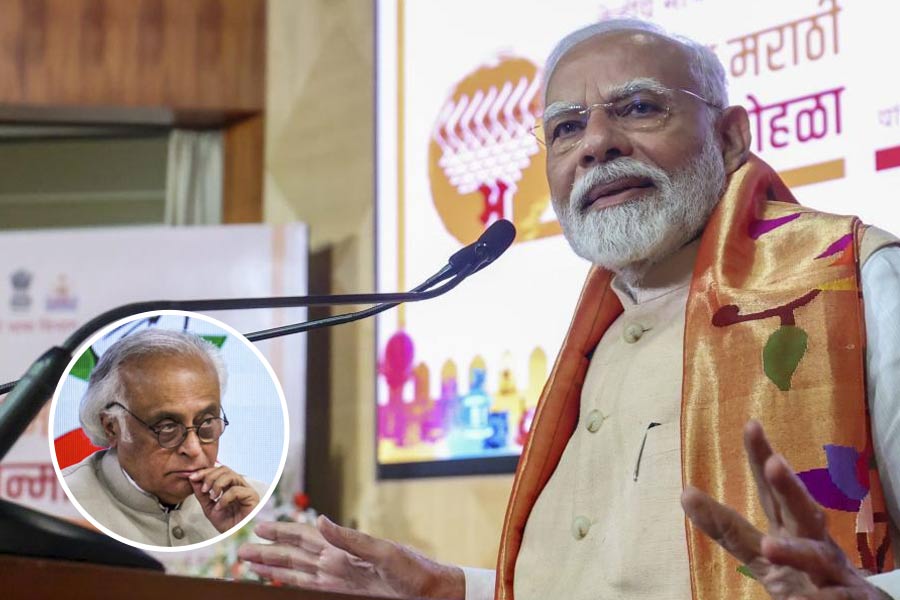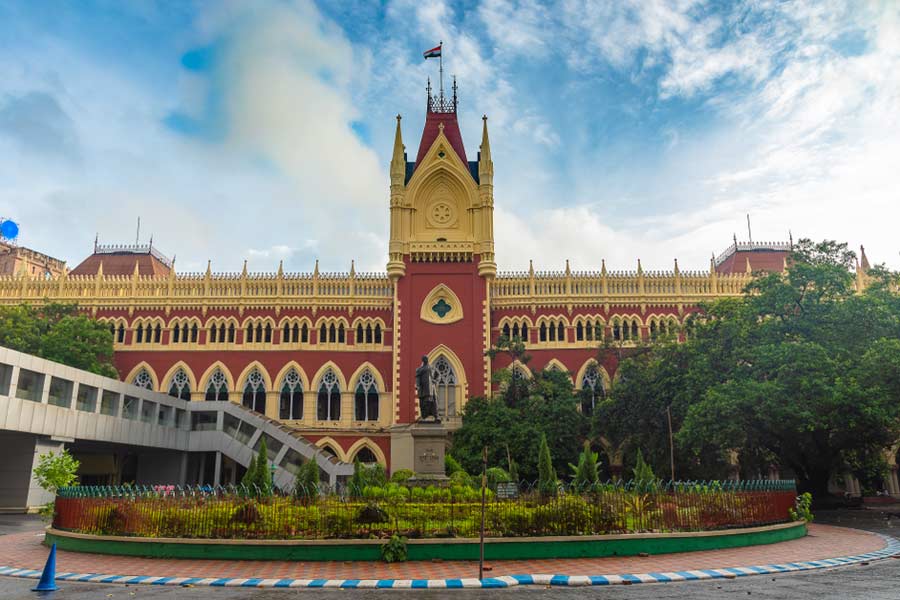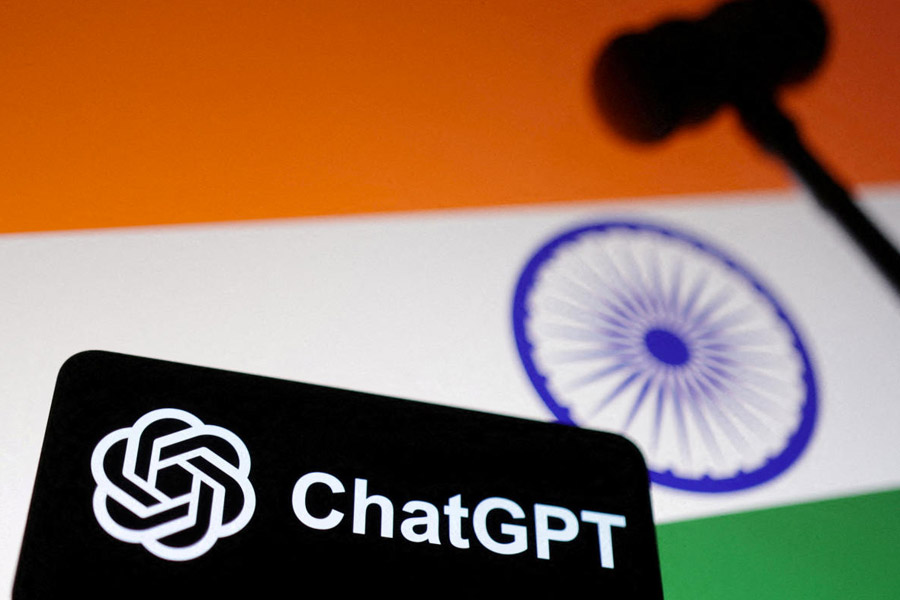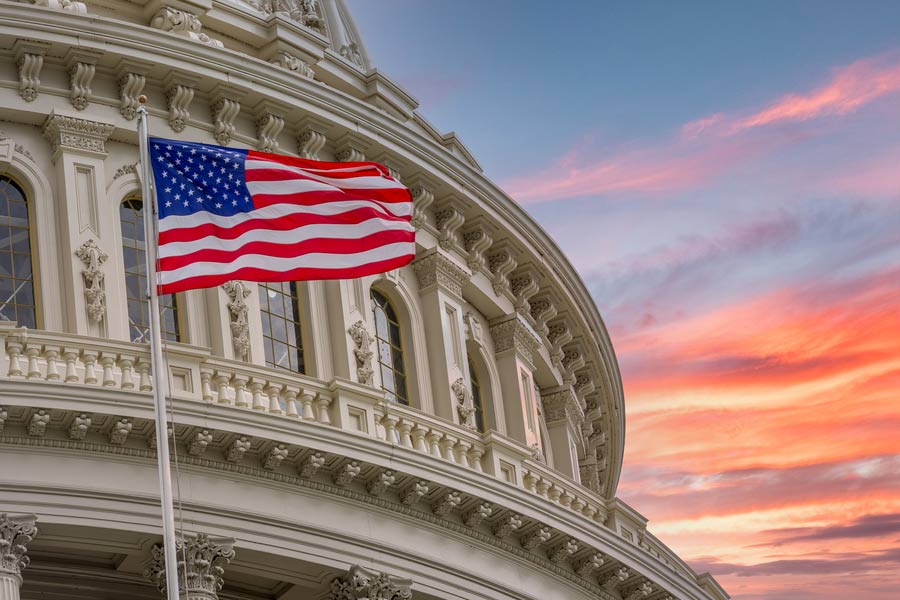Acocktail or a glass of wine helps me fall asleep on long flights. But are there any downsides to drinking on a plane?
After the bustle of boarding and the effort of squeezing your body and baggage into compact spaces, a drink or two may feel like just the ticket.
But the results of a small study published earlier this month suggest that there are certain risks associated with consuming alcohol on airplanes, especially on longer flights when you are planning to sleep. We asked experts about the new research, and how it fits with what they already know.
As an airplane climbs, the oxygen level in the cabin drops, and that causes your blood
oxygen level to decrease, said
Dr Colin Church, a pulmonologist and senior lecturer at the University of Glasgow in Scotland. Drinking alcohol can increase your heart rate, he added, and it has been shown to reduce blood oxygen levels during sleep.
The new study was the first to examine the combined effects of altitude and alcohol, said Dr Eva-Maria Elmenhorst, a researcher at the Institute of Aerospace Medicine in Cologne, Germany, who led the study.
For the experiment, she and her colleagues recruited 48 healthy adults between ages 18 and 40. Half completed the study in a sleep lab with normal air pressure. The other half slept in bunk beds in an altitude chamber with air pressure mimicking that on an airplane.
Participants in both groups slept from midnight to 4am for two nights, one sober and one after having nearly four ounces of vodka, an amount of alcohol similar to that found in two beers or glasses of wine. They wore devices to measure their blood oxygen levels, heart rates and sleep stages.
The participants sleeping at normal air pressure had an average blood oxygen level of
96 per cent on the sober night and 95 per cent on the drinking night. But for those sleeping in the altitude chamber, oxygen levels were at 88 per cent when sober and 85 per cent after drinking.
Normal blood oxygen levels are generally above 95 per cent in healthy people, said Dr Ashish Sarraju, a cardiologist at the Cleveland Clinic in the US.
As for heart rate, the average during sleep at normal air pressure increased from 64 beats per minute when sober to 77 after drinking; and at altitude, from 73 beats per minute when sober to 88 after drinking.
Lower blood oxygen levels and increased heart rates are evidence of strain on the cardiovascular system — the heart has to work harder to compensate for the drop in oxygen, Dr Sarraju said.
If you’re young and healthy, this type of strain on your heart may just leave you feeling a bit tired, Dr Sarraju said. But if you have a cardiac or respiratory condition, such as heart failure, chronic obstructive pulmonary disease or sleep apnoea, it could make you lightheaded and short of breath, and drinking may increase your chances of having a medical emergency during the flight, he said.
Alcohol is also dehydrating, which may slightly increase your risk of developing a blood clot in your legs or lungs, Dr Church said.
A lcohol is a sedative, so if you drink close to bedtime, you’ll usually fall asleep faster, said Dr Alanna Hare, a sleep specialist and president of the British Sleep Society. In the study, those sleeping in the altitude chamber took 19 minutes, on average, to fall asleep when sober and 12.5 minutes after drinking.
But as your body breaks down the alcohol during the night, your “quality of sleep really deteriorates” and you will wake more frequently, said Dr Bhanu Kolla, a sleep medicine physician at the Mayo Clinic, US. As a result, you’ll probably feel less well-rested the next day, he said.
In the study, participants sleeping in the altitude chamber spent less time in deep and REM sleep than those sleeping in normal air pressure. Alcohol compromised their sleep further: they woke more often, and compared with 22 minutes of REM sleep when sober, they logged 14.5 minutes after drinking.
Alcohol can also relax the muscles around your upper airway, causing snoring — and for those with sleep apnoea, worsened symptoms, Dr Kolla said.
Dr Sarraju said it’s best to avoid alcohol before or during a flight, especially if you have
a heart or lung condition or sleep apnoea.
If you don’t have one of those conditions, one drink is probably okay, Dr Kolla said. But notice how you feel afterward: if “you’re sleeping poorly on the flight, waking up with a headache”, you may be better off abstaining next time, he said.
In lieu of alcohol, Dr Hare suggested a few alternate ways to wind down. “Don’t put pressure on yourself to sleep,” she cautioned.
But do get comfortable. Bring a travel pillow and eye mask, and use ear plugs or listen to calming music, white noise or a podcast with headphones.
NYTNS










